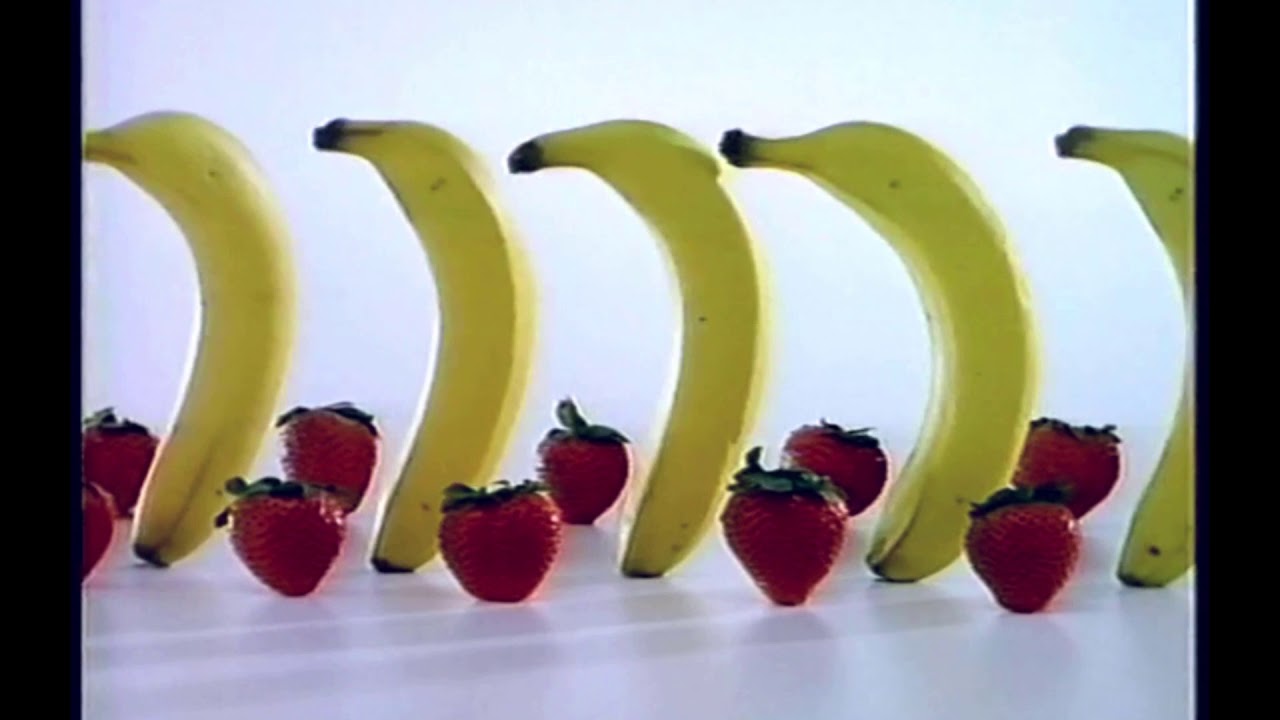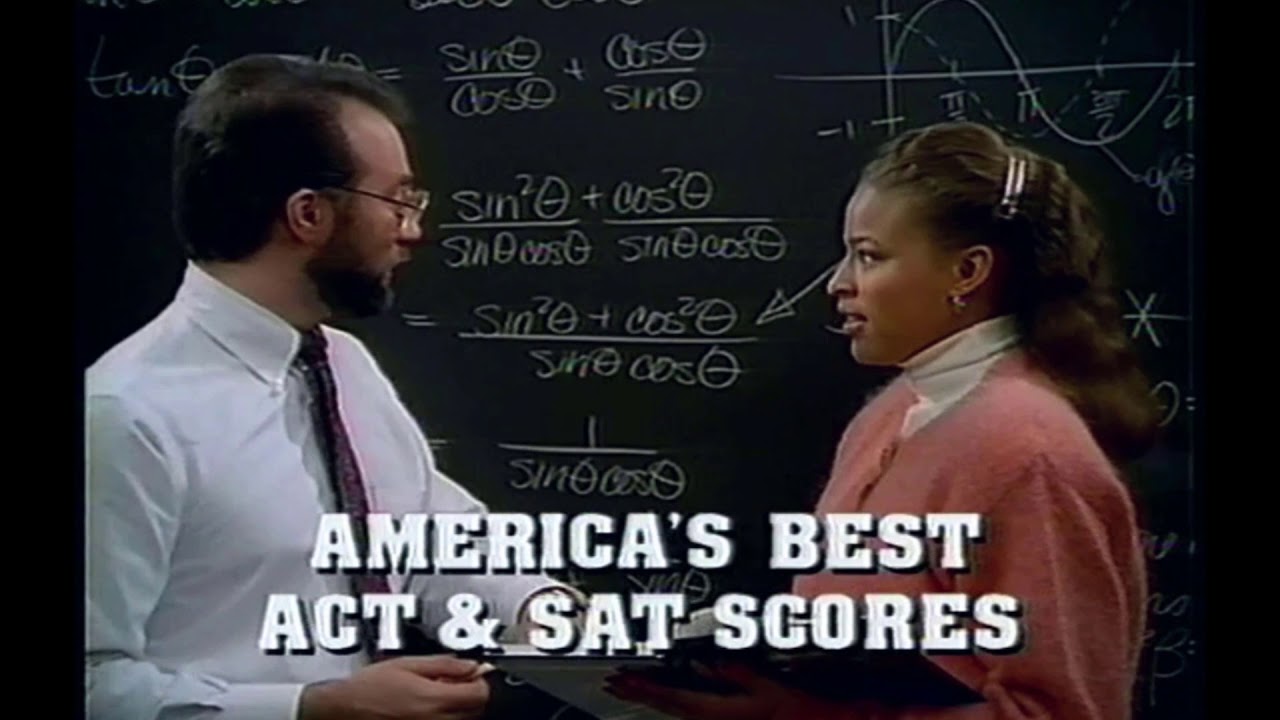One of the things I’ve learned over the years is that less is more, when writing for orchestra. I remember being frustrated that my mixes sounded a bit muddy and didn’t translate well to other speaker systems. I spent lots of money screwing around with treating my listening environment and educating myself on how to properly EQ my mixes (rolling off low ends to remove bass buildup and notching around 400 Hz). Nothing seemed to work. The mud remained. Then I read something from a working composer that I’d like to pass along to you: “If the mix is muddy, the arrangement is probably the culprit.” It never dawned on me that my orchestrations could be the cause of the muddiness. So, I began to study all the major film score composers and how the orchestrations for their work were arranged. That’s when I figured out, less is more. They use a lot fewer competing lines per phrase (musical moments) then I thought they used. In other words, it’s much less busy than I was writing. Guess I was working too hard at it? I didn’t need as much as I thought. They weren’t writing a lot of complexity to make something sound impressive or larger than life. It was actually just simple and tasteful; and accompanied the other storytelling layers well. Well now that just saved me a lot time and effort. Less is more.
I definitely fell into this when I started out. I still get “muddy” mixes, but most times that’s due to adding epic percussion in hybrid mixes that needs EQing. It is true though, that a good orchestration and arrangement will need less mixing in the end and that’s why I tell many new composers (well, I’m still pretty new, right?  ) that studying orchestration and really building up a good memory of what the different instruments sound like. Knowing what instruments sound good together or not and especially learning the overtone series and orchestrating based on it will naturally clear up mixes!
) that studying orchestration and really building up a good memory of what the different instruments sound like. Knowing what instruments sound good together or not and especially learning the overtone series and orchestrating based on it will naturally clear up mixes!
You’re right though, less is definitely more; I learned the MeRyHa system which is: melody, rhythm and harmony; the three parts you really only need in a piece. You can also add a dedicated counter melody or use a quasi-counter melody through passing tones in your harmony part. Anything else tends to be too much. Every time I look at a John Williams score, I’m amazed at how “square” and symmetrical it looks; there’s almost never notes flying all over, but just simple melody, harmony and rhythm parts and usually other instruments here and there doubling for color.
So very true, Clinton. I write primarily for radio, TV commercials, etc. where the voice over is king. That medium taught me how to simplify arrangements, and instrumentation and also keep in mind the importance of good EQ. Melodic, rhythmic, and harmonic “clutter” only serves to distract from the message.
Masterful orchestration involves the ability to be simple without being simplistic and to be complex without being cluttered. Both are equally important. Sometimes a mix is muddied not because there are too many instruments (although that can be the culprit) but rather the various amplitudes of the instruments are out of balance. Often a virtual orchestration can be improved by paying more attention to the instrument volumes relative to one another. Pay attention to the role silence plays in your orchestration. Balance, blend, transparency and orchestral weight are very important:
- Balance: the lows, mids and highs all work together rather than cancelling each other out
- Blend: The instrument’s composite timbre is pleasing to the ear, they work well together.
- Transparency: The individual lines, counterpoint and voice-leading are easy to hear, even in thick homophonic passages. Transparency is always present in good orchestration, no matter how complex.
- Orchestral weight: How much weight (number of instruments) each musical part is given. When you want to emphasize a particular part, it is common to double or triple it (or more) to bring that part to the front.
And yet a highly skilled composer can write complex passages without a feeling of clutter. When music is acting as an independent language it’s better to know how to do this. Complexity and simplicity both belong in music–as life is both simple and complex.
That’s the problem with scoring to visual media, unlike other types of musical collaboration (opera, dance, Broadway, songwriting, etc.) music is an equal 50-50 partner in the outworking of form, pacing, length, style and direction of the project. But in commercial scoring music is added after all these other elements have already been decided (for the most part). This greatly handicaps the composer from learning composition on a deeper level.
Valid points, Jerry from where you appear to be coming from.
Although, with most projects I score to the voice over/copy. Meaning, I underscore/highlight words and emotional delivery, moods – which calls on everything I’ve learned in grad school and professional performing. There is no “handicap” you speak of from my perspective. It’s always fun, creative, and challenging!
And lucrative. 
Wishing you a happy and productive '22!
Hi Lori,
Yeah, I did soundtrack production for 12 years, very lucrative and of course it can be challenging and fun. It’s better than a lot of jobs, that’s for sure. When I was in my 30s I did this interesting Buddhist exercise: Get comfortable, lie down on the floor and imagine you are in your 80s or 90s and you know you only have a few hours left before death comes. Review your life’s choices and see if you are doing what you really want to be doing, and if you are doing something you really don’t want to be doing. It might involve career, but it can be anything really. I did that and realized I really wanted to be writing symphonies and other serious works that say what I need to say in music. I couldn’t do that scoring for animation, games, documentaries, etc. so I changed my focus to producing albums. Luckily I was able to do that (and still am) from a financial standpoint.
My original comment was really about how to learn orchestration. It’s my opinion, and I don’t necessarily expect others to share it or agree with me, that classical composition has taken music further in that respect than any other genre of music. To each his own, I’ve made choices that are best for me, I hope everyone can do the same. Wishing you a productive and happy 2022 as well!
Lori, I’d like to invite you to join - https://thecuetube.com/ and especially Cue Tube Community
There’s a ton of very active composers on this site with many topic channels.
Very cool! I know exactly where you’re coming from.
Here’s a few TV commercials I did back in the 80’s.
We’ll done! 

 So nice to meet another composer in that medium.
So nice to meet another composer in that medium. 
And re: Cue Tube, what do you like about it?
It’s not only a place where composers gather, it’s also a place where people who are in need of composers gather. This platform puts the two groups together. About The Cue Tube – THE CUE TUBE
Thanks, Clinton. I’ll check it out!
Luv your music, btw.


